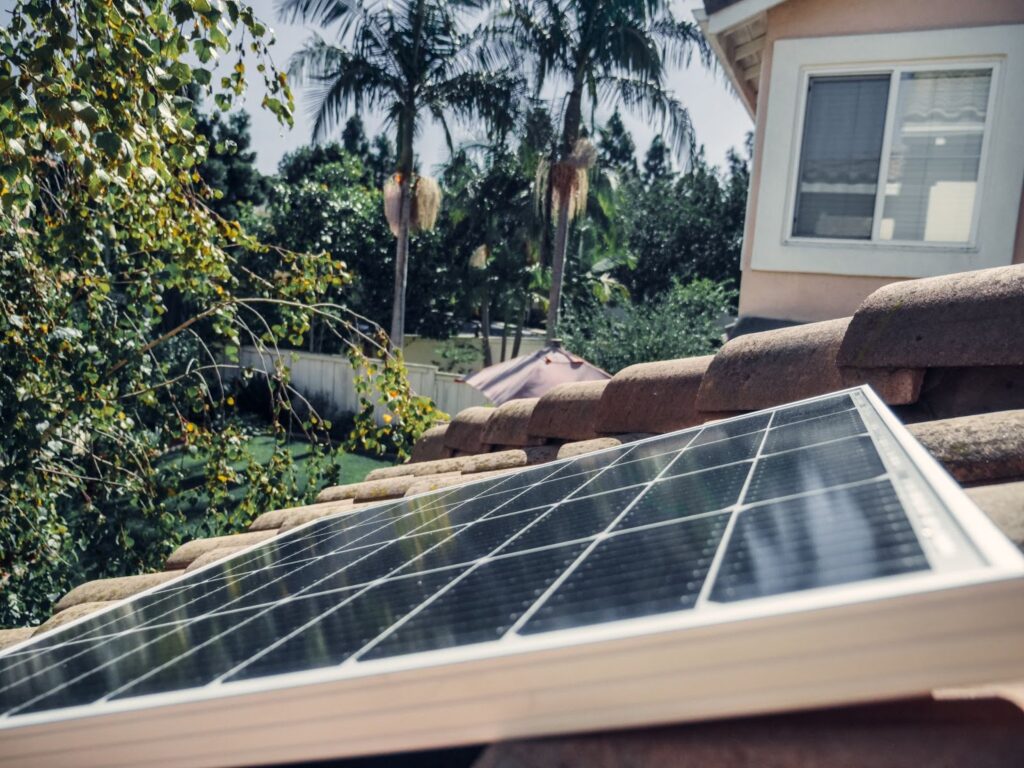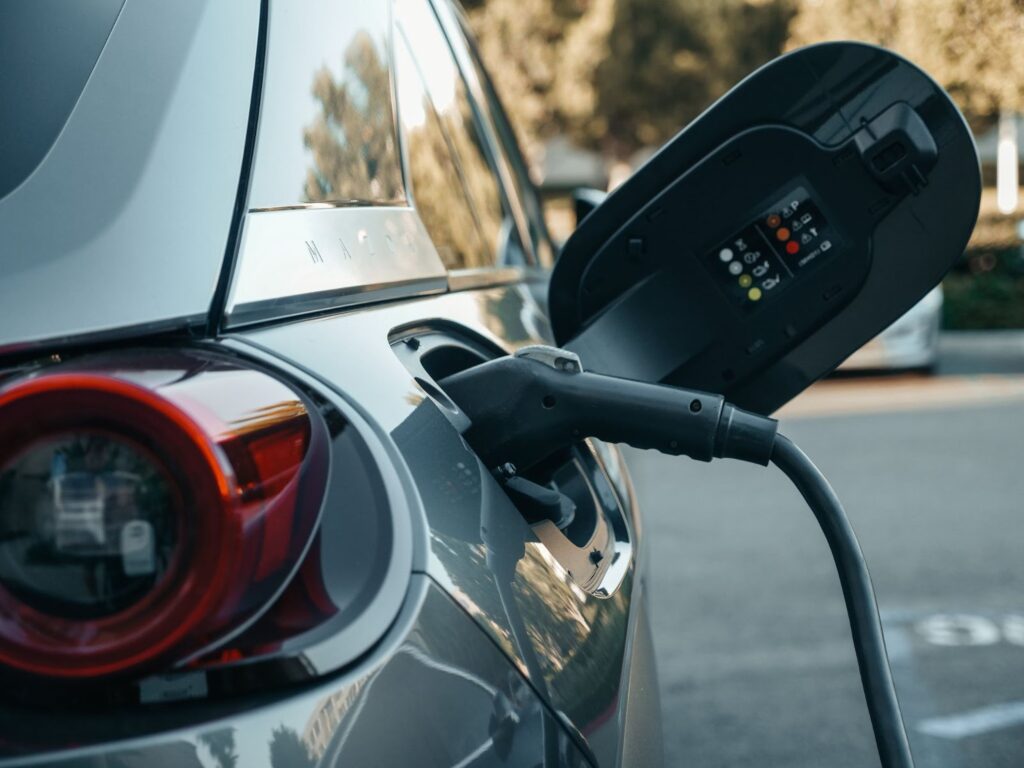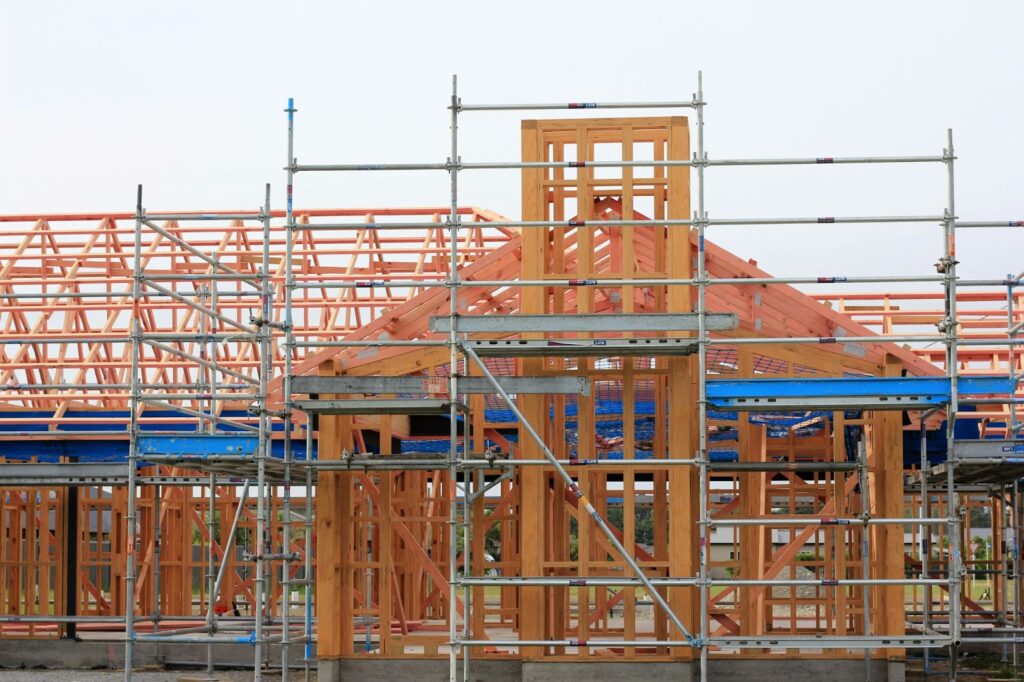
If the US is going to meet its clean energy goals and reach net-zero carbon emissions by 2050, it needs to enact a whole lot of change.
To help meet these ambitious targets, the state of Colorado has stepped up to the plate and is taking proactive steps to ensure that Coloradans are ready for when we completely switch over to renewable energy.
Retrofitting existing buildings with solar energy or electric vehicle (EV) charging points is costly but also challenging since the buildings were not originally designed to host these technologies.
On the other hand, new constructions present the perfect opportunity to prepare ourselves for the future and can be easily fitted with solar and EV hookups for a much lower cost.
It’s a low-hanging fruit and the Colorado government has recognized this and taken action.
Here’s what you need to know.
In a Nutshell
- Updated building codes now require new family and commercial properties to have infrastructure for solar energy, EV charging, and heat pumps preinstalled.
- The legislation took effect in July 2023.
- It will cause the cost of new construction to rise, but you will save more in the long run when you move to renewable energy.
- Switching to solar energy can reduce your energy bills by up to 96%.
What Are the New Codes?

House Bill 22-1362 is a law that was passed in 2022 and requires the state of Colorado to develop clean energy building codes that accelerate the adoption of clean energies and energy efficiencies.
These adopt the 2021 International Energy Conservation Code (IECC) standards along with new codes developed by the state board. If you are interested in the specifics, you can purchase the codes by clicking on the link above.
The updated codes for new buildings have been gradually rolled out across the state and the requirement is that they must be prewired and ready to receive an on-site solar installation, a heat pump, and an EV charging point.
The codes don’t mandate that these systems actually have to be installed. Rather, it ensures that the infrastructure is there to make a future installation easy and low-cost.
For example, the requirements for EV charging are that provisions for electrical service capacity must be installed in 20% or more of parking spaces.
For solar energy, there must be enough physical roof space for adequate panel capacity and structural load. There must also be a dedicated electrical panel space and electrical conduit
to accommodate the future installation of solar panels. Exemptions are in place for small roofs and consistently shaded roofs.
These new codes apply to single-family homes, multi-family homes, and commercial buildings under 10,000 square feet in size.
The hope is that this new legislation will promote the development of low and net-zero-energy housing on a wide scale.
Those purchasing new real estate will be able to absorb the cost of the infrastructure into their mortgages, making it more affordable. And, when the time comes to install solar energy or an EV charging point, it’s going to be much more affordable to do so.
When Do The Codes Take Effect?
The new codes have been in force since July 1, 2023.
Local governments have been slow to provide clear information online, so it’s difficult to find precise requirements. The exception is the city of Denver, which has published the Denver Green Code and is available to purchase.
To help assist in the rollout of this new legislation and get everyone on the same page, the Colorado Energy Office is providing $4 million in funding for training, which is to be given to contractors, builders, and local governments.
What Do the Codes Mean for Your Business?

Truthfully, the new codes aren’t going to impact your farm or business unless you decide to build on your land.
If you do decide to have a property or commercial building constructed, then the design will have to adhere to the codes and provide infrastructure for solar, EV charging, and a heat pump.
While this is going to raise the initial cost of having the building constructed, it’ll save you a lot more in the long run, particularly where solar energy is concerned.
We’re betting that the cost of electricity takes up a large chunk of your operational expenses. By switching to solar energy, you can save as much as 96% on your energy bills. Furthermore, solar panels last for at least 25 years – often much longer – so the savings potential extends far into the future.
Then, if you decide to switch to using electric vehicles, you can charge them using your solar-generated energy, which means your fuel costs will also drastically reduce.
We see this as a hugely positive step toward achieving a net-zero carbon future and it paves the way for clean energy to become affordable and easier to access than ever before.
Contact 8760 Solar for More Information

If you’re looking for a solar developer for your farm or agricultural business, then get in touch with 8760 Solar.
We’re specialists in providing high-quality solar solutions within Colorado and the surrounding areas. We use high-tech equipment to perform an analysis of your farm and property to determine the most effective setup for your needs.
This means you’ll get more than enough energy to run your business and also end up with excess energy you can sell to the grid in return for energy credits.
We’ll also help you navigate all the tax credits and incentives that are available for rural businesses. These are significant and can help you get more than a 100% return on investment in the first year alone.
Whatever questions you have, we’re ready to hear and answer them. We welcome you to get in touch by texting “READY” to 719 470-0254 or contact us via email: sales@8760solar.com.
Frequently Asked Questions
When Did the New Building Codes for Colorado Take Effect?
The updated Colorado building codes for adding prewiring and infrastructure for solar panels, heat pumps, and EV charging took place in July 2023.
Which Properties Are Affected by Colorado’s New Building Codes?
The properties affected by Colorado’s new building codes are new constructions only. It applies to single-family dwellings, multi-family dwellings, and commercial properties under 10,000 square feet in size.
Do the New Building Codes Affect Existing Properties and Buildings in Colorado?
Existing properties and buildings are not affected by Colorado’s new building codes.
